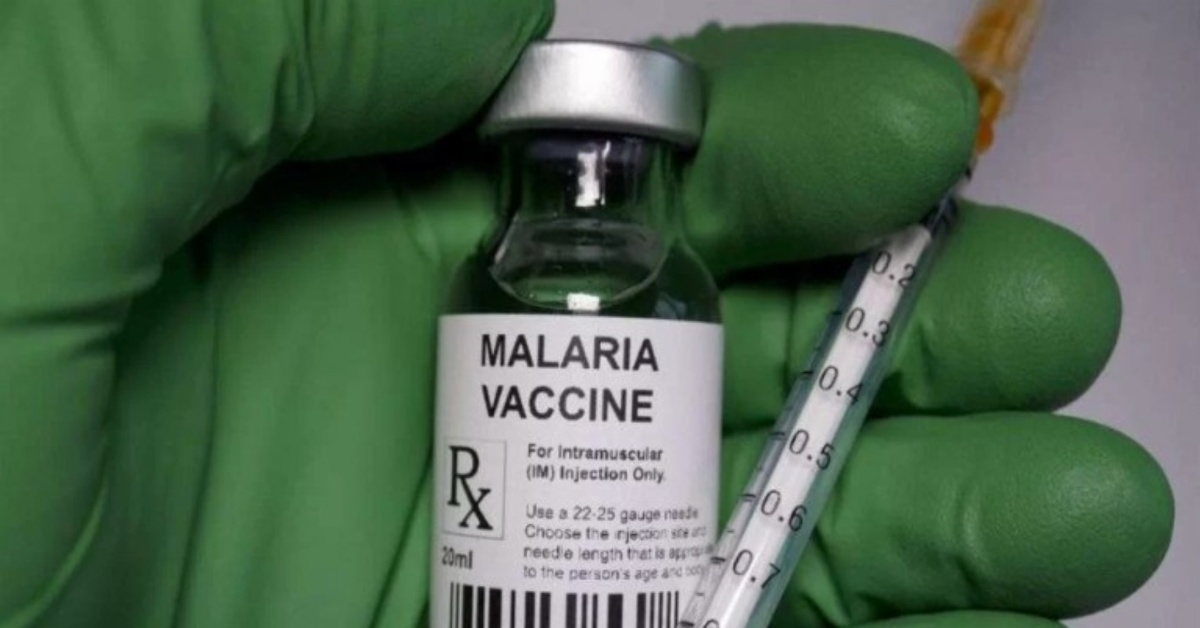Sierra Leone has been designated as one of the 12 African nations to receive the world’s first-ever malaria vaccine, according to an announcement made by the global vaccine alliance GAVI, the World Health Organization (WHO), and the UN children agency UNICEF on Wednesday.
In the period between 2023 and 2025, a total of 18 million doses of the pioneering RTS, S/AS01 malaria vaccine will be distributed among these 12 countries across various regions in Africa.
The joint press statement by Gavi, the Vaccine Alliance, WHO, and UNICEF highlighted this significant development.
The RTS, S/AS01 vaccine is the initial vaccine recommended by the World Health Organization for the prevention of malaria in children residing in regions with moderate to high malaria transmission.
Since 2019, Ghana, Kenya, and Malawi have successfully administered the malaria vaccine through the Malaria Vaccine Implementation Programme, which is coordinated by the WHO and funded by Gavi, the Global Fund to Fight AIDS, Tuberculosis and Malaria, and Unitaid.
The vaccine has already been given to over 1.7 million children in Ghana, Kenya, and Malawi since its introduction in 2019, demonstrating its safety and effectiveness by significantly reducing severe malaria cases and child mortality. Consequently, 28 African nations have expressed their interest in receiving the malaria vaccine.
In addition to Ghana, Kenya, and Malawi, the initial allocation of 18 million doses will enable nine more countries, including Benin, Burkina Faso, Burundi, Cameroon, the Democratic Republic of the Congo, Liberia, Niger, Sierra Leone, and Uganda, to incorporate the vaccine into their routine immunization programs for the first time.
The first shipments of the vaccine are expected to reach the countries during the final quarter of 2023, with the rollout scheduled to begin in early 2024.
The distribution of the doses has been determined based on the principles outlined in the framework for allocating limited malaria vaccine supplies. The prioritization ensures that doses are directed to areas with the highest need, where children face the greatest risk of malaria illness and death.
Thabani Maphosa, the Managing Director of Country Programmes Delivery at Gavi, emphasized the potential impact of this vaccine in the fight against malaria, stating, “This vaccine has the potential to be very impactful in the fight against malaria, and when broadly deployed alongside other interventions, it can prevent tens of thousands of future deaths every year.”
He also stressed the importance of using the available doses effectively while working with manufacturers to scale up supply.
Malaria remains one of the deadliest diseases in Africa, claiming the lives of nearly half a million children under the age of five each year. It accounts for approximately 95% of global malaria cases and 96% of deaths in 2021.
Dr. Kate O’Brien, the WHO Director of Immunisation, Vaccines, and Biologicals, hailed the malaria vaccine as a breakthrough that would enhance child health, child survival, and the well-being of families and communities.
This remarkable progress marks a significant step forward in the ongoing battle against malaria in Sierra Leone and across the continent.


 1 Comment
1 Comment









Comment(s)
Disclaimer: Comments expressed here do not reflect the opinions of Sierraloaded or any employee thereof.